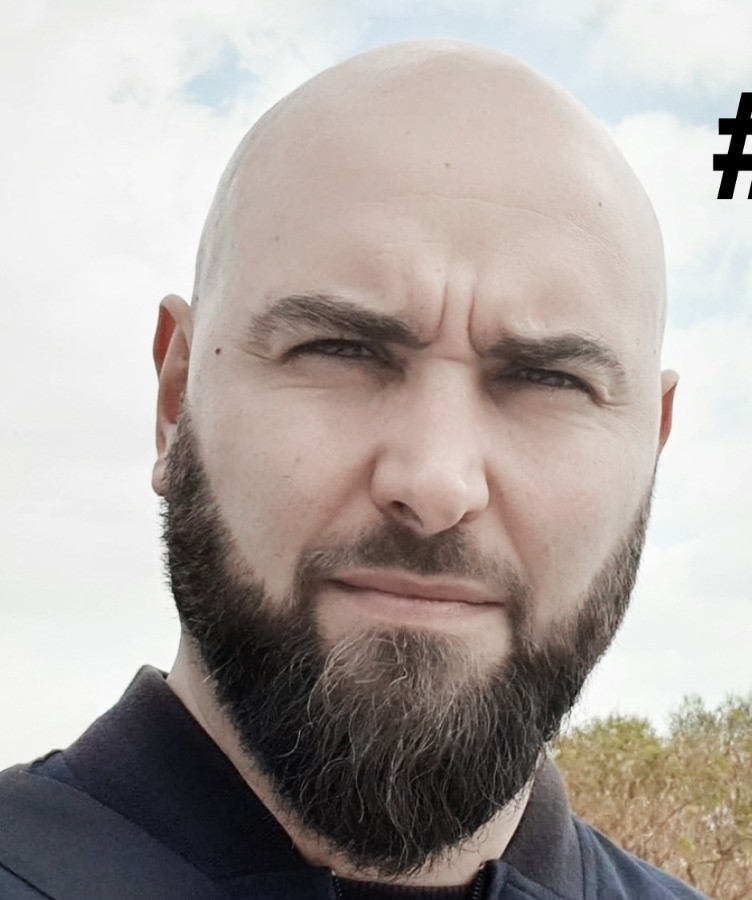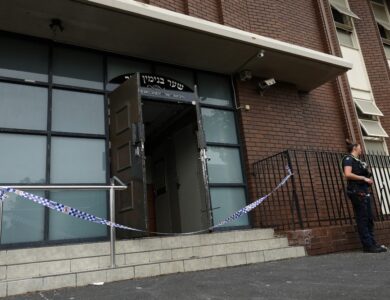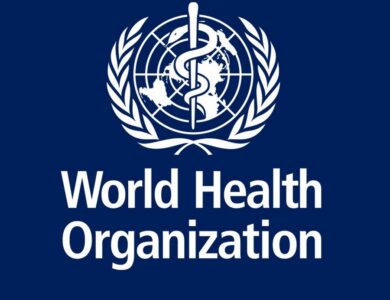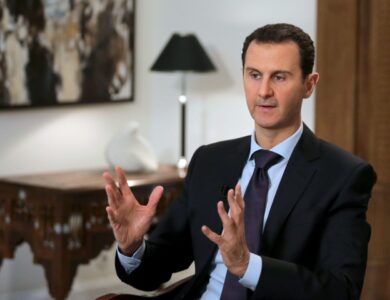Journalist or Spy? The Perplexing Case of Pablo González

In a twist worthy of a spy novel, Pablo González, a Spanish journalist who covered the Ukrainian refugee crisis, has been exposed as a Russian intelligence agent following a high-profile prisoner exchange. The revelation has sent shockwaves through the international media community and raised questions about the thin line between journalism and espionage.
González, born Pavel Rubtsov in Moscow in 1982, had been living a double life. Known to his colleagues as an affable reporter with a penchant for karaoke, he worked for several respected news outlets, including Voice of America and Spanish news agency EFE. His coverage of the Ukrainian refugee influx at the Polish border in the early days of Russia’s invasion seemed unremarkable at the time.
However, on February 28, 2022, Polish security forces arrested González in a dramatic raid on his hotel room. Accused of “participating in foreign intelligence activities against Poland,” he was held without trial for over two years, sparking controversy and calls for his release from press freedom advocates.
The mystery surrounding González’s case deepened as Polish authorities remained tight-lipped about the specifics of their accusations. Friends and colleagues expressed disbelief, organizing protests in Spain to demand his freedom. Yet, suspicions lingered about his unusually comfortable lifestyle for a freelance journalist, with observers noting his penchant for high-end equipment and lavish spending in bars.
The truth emerged in a surprising turn of events when González was included in a massive prisoner swap between Russia and the West. His warm welcome by Russian President Vladimir Putin upon arrival in Moscow seemed to confirm what Polish and British intelligence services had long suspected – González was indeed a GRU officer operating under deep cover.
Sir Richard Moore, head of Britain’s MI6, had previously identified González as an “illegal” agent who was “masquerading as a Spanish journalist” and attempting to destabilize Ukraine. Independent Russian media also reported on González’s alleged spying activities, including his efforts to gather intelligence on the daughter of murdered Russian opposition leader Boris Nemtsov.
González’s dual identity as Pablo González Yagüe, a Spanish citizen since childhood, allowed him to move freely throughout Europe. He leveraged his journalistic credentials to access sensitive areas, even obtaining a drone license to film locations like the Auschwitz-Birkenau memorial.
The case has raised serious concerns about the vulnerability of media organizations to infiltration by foreign agents. Voice of America, upon learning of the allegations, swiftly removed all of González’s work from their website and emphasized that he never had access to their internal systems.
As the dust settles on this extraordinary case, questions remain about the extent of González’s activities and the potential impact on international relations. His supporters, who long advocated for his release, have fallen silent, while the journalist-turned-spy now faces an uncertain future.
The González affair serves as a stark reminder of the ongoing information war between Russia and the West, blurring the lines between journalism and espionage. It also highlights the challenges faced by security services in identifying and neutralizing deep-cover operatives without compromising press freedoms.
California Battles Massive Wildfire as Western U.S. Faces Fire Threats








